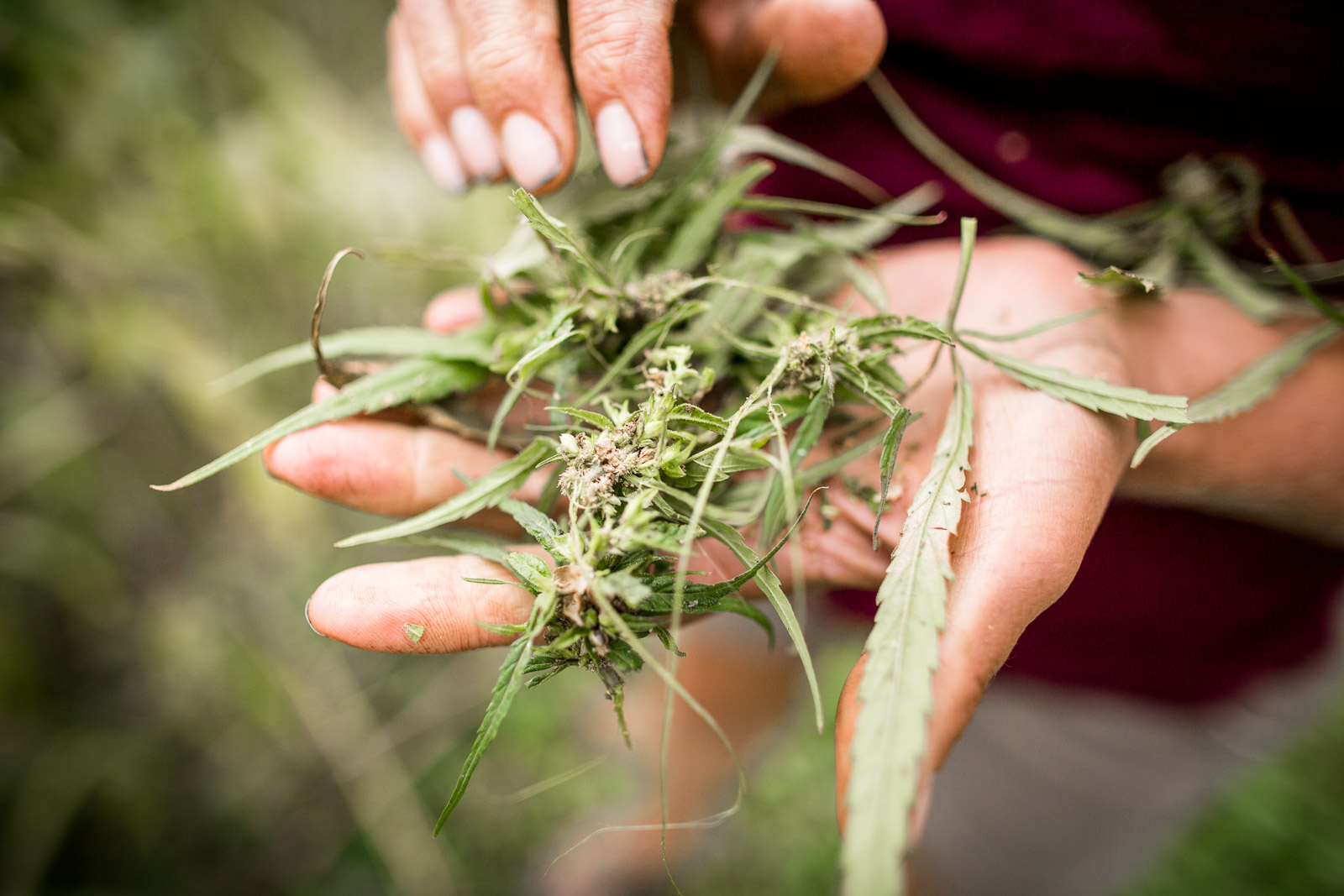
By Jeff Amy, The Associated Press
JACKSON, Miss. (AP) — A study of whether ingredients extracted from marijuana can reduce seizures in children is moving ahead in Mississippi.
The University of Mississippi Medical Center announced in early November 2018 that the six-month trial began in October 2018 after years of bureaucratic obstacles.
The state Legislature carved out a narrow exception in state law forbidding marijuana possession to allow the study in 2014, but it had been stalled for more than four years awaiting federal approval. While scientific papers have been written about the compound, cannabidiol, Dr. Brad Ingram said this is the first rigorous controlled study.
Ingram told The Associated Press that 10 children and teens between 8 and 19 are taking part in the study. All have severe forms of epilepsy and uncontrolled seizures that don’t respond well to current medicines. That means children may not be able to sleep, walk, or do other daily tasks.
The medical center had to win approval from the Food and Drug Administration (FDA) and the Drug Enforcement Administration (DEA) before it could move ahead, and get the National Institutes of Health to agree to give the marijuana to the study. That’s because the marijuana grown at a University of Mississippi center in Oxford is actually owned by the federal government. Ingram said the medical center also had to get its research methods approved internally at the university.
“Giving children a marijuana-containing compound took some work,” he said, noting that drug research typically starts with adults and not children.
The extract, which is legally a controlled substance, is prepared from a special type of marijuana that has a high concentration of cannabidiol (CBD). There’s a low concentration of THC. The marijuana is processed in Oxford and shipped to Jackson, where a pharmacist adds it to sesame oil for patients to take orally or through a feeding tube.
Ingram says the study aims to find out whether cannabidiol is safe, has harmful interactions with other drugs, and helps patients.
“These kids are very, very sick,” he said. They’re not currently responding to what’s on the market to help.”
He said preliminary results are encouraging, but it’s too early to draw any conclusions, especially because of the small size of the study. Ingram said that if the study is promising, he will seek to widen the number of participants.
Ashley Durval lobbied on behalf of her daughter, Harper Grace, for the bill to be passed. Durval, however, said her daughter isn’t a part of the study because there are other children who are sicker.
“A lot of people got this misconception that just because Harper Grace’s name is on the bill, she would automatically be in the study,” she said.
That doesn’t mean Durval isn’t eager for her daughter to benefit from the medication, if it’s found to be effective.
“Dr. Ingram knows where I stand and how bad we want to try it,” she said.
Durval said she has decided not to seek cannabidiol through other channels, even though she said that’s possible with marijuana legalization in some states. However, Durval said she’s now involved with an effort to put a referendum on Mississippi ballots in 2020 allowing wider medical marijuana use.















